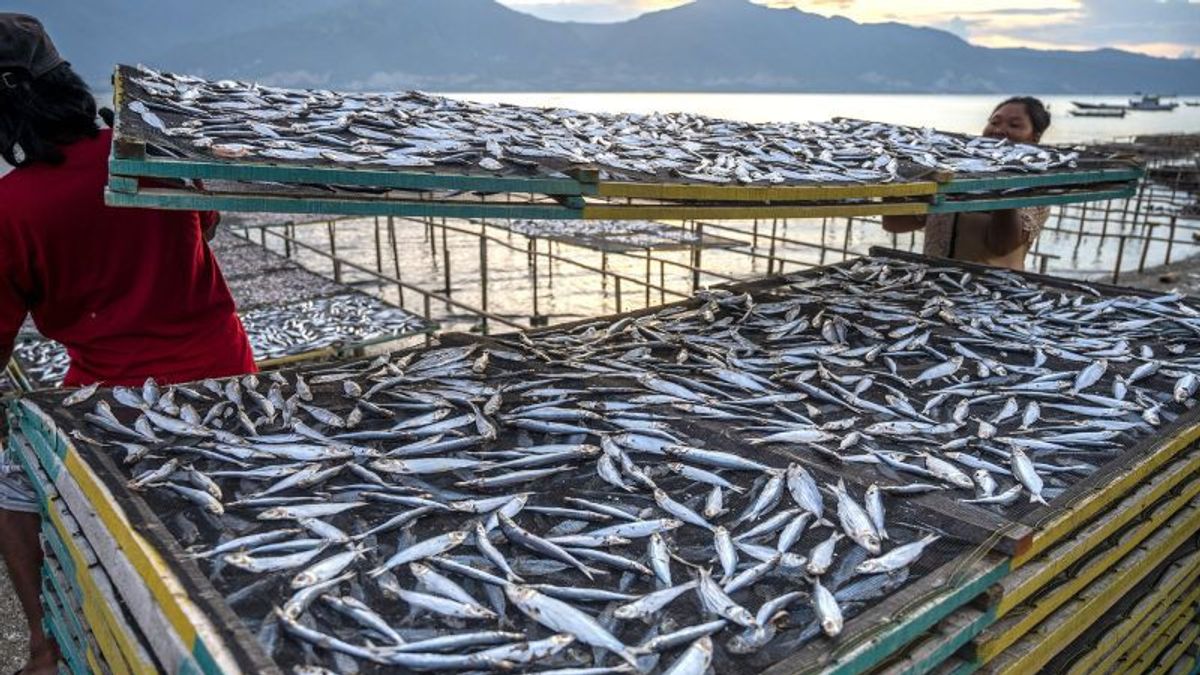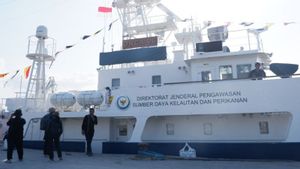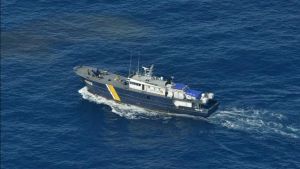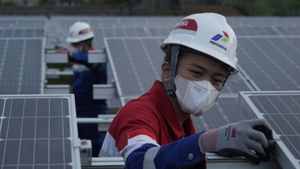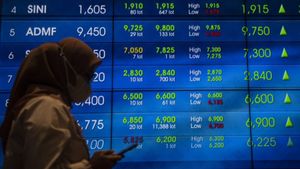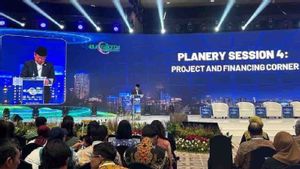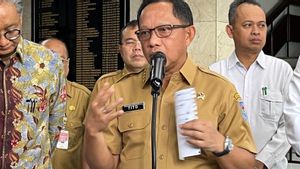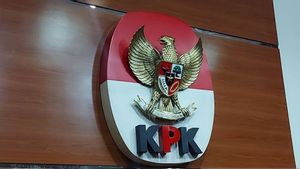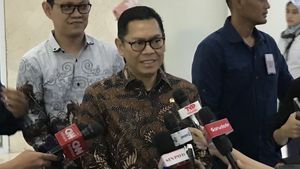JAKARTA - The Ministry of Maritime Affairs and Fisheries (KKP) said that the application of Good Fish Cultivation (CBIB) methods in shrimp farming is a form of the spirit of the Blue Economy concept.
"Through the implementation of CBIB, it will bring products from Indonesia to compete in the international market. CBIB provides quality and food security guarantees," said Director General of Fisheries Budi Daya KKP Tb Haeru Rahayu, quoted from his official website, Tuesday, October 17.
Tebe, as Tb Haeru Rahayu is known, the application of CBIB can also guarantee environmental sustainability, namely paying attention to health aspects, and considering socio-economic aspects, including the welfare of fish cultivators.
He added, there are several CBIB principles, one of which is waste disposal. "To realize this principle, shrimp farming must continue to pay attention to incoming water and waste disposal produced from shrimp pond production," said Tebe.
According to him, poor waste management will ultimately have an unfavorable impact on the production and carrying capacity of the environment.
"Efforts to prevent these problems are to implement good waste management, all shrimp farmers are required to make wastewater treatment (IPAL) installations," he said.
Furthermore, Tebe assessed, waste management through IPAL is the main solution for business actors who have not been able to release water from their cultivation so as not to pollute the environment.
VOIR éGALEMENT:
"KKP currently continues to encourage the development of sustainable shrimp farming, including building a Regional-Based Shrimp Cultivation Modeling (BUBK) in Kebumen, Central Java, and through the Infrastructure Improvement for Shrimp Aquaculture Project (IISAP)," he said.
Through the implementation of CBIB, continued Tebe, KKP is expected to be able to achieve the production target of two million tons of shrimp by 2024 by always paying attention to environmental sustainability.
"We continue to be optimistic that we will increase national shrimp production optimally, both in terms of quality and quantity in a sustainable and environmental manner in order to achieve the target of shrimp export growth in 2024," he concluded.
The English, Chinese, Japanese, Arabic, and French versions are automatically generated by the AI. So there may still be inaccuracies in translating, please always see Indonesian as our main language. (system supported by DigitalSiber.id)
